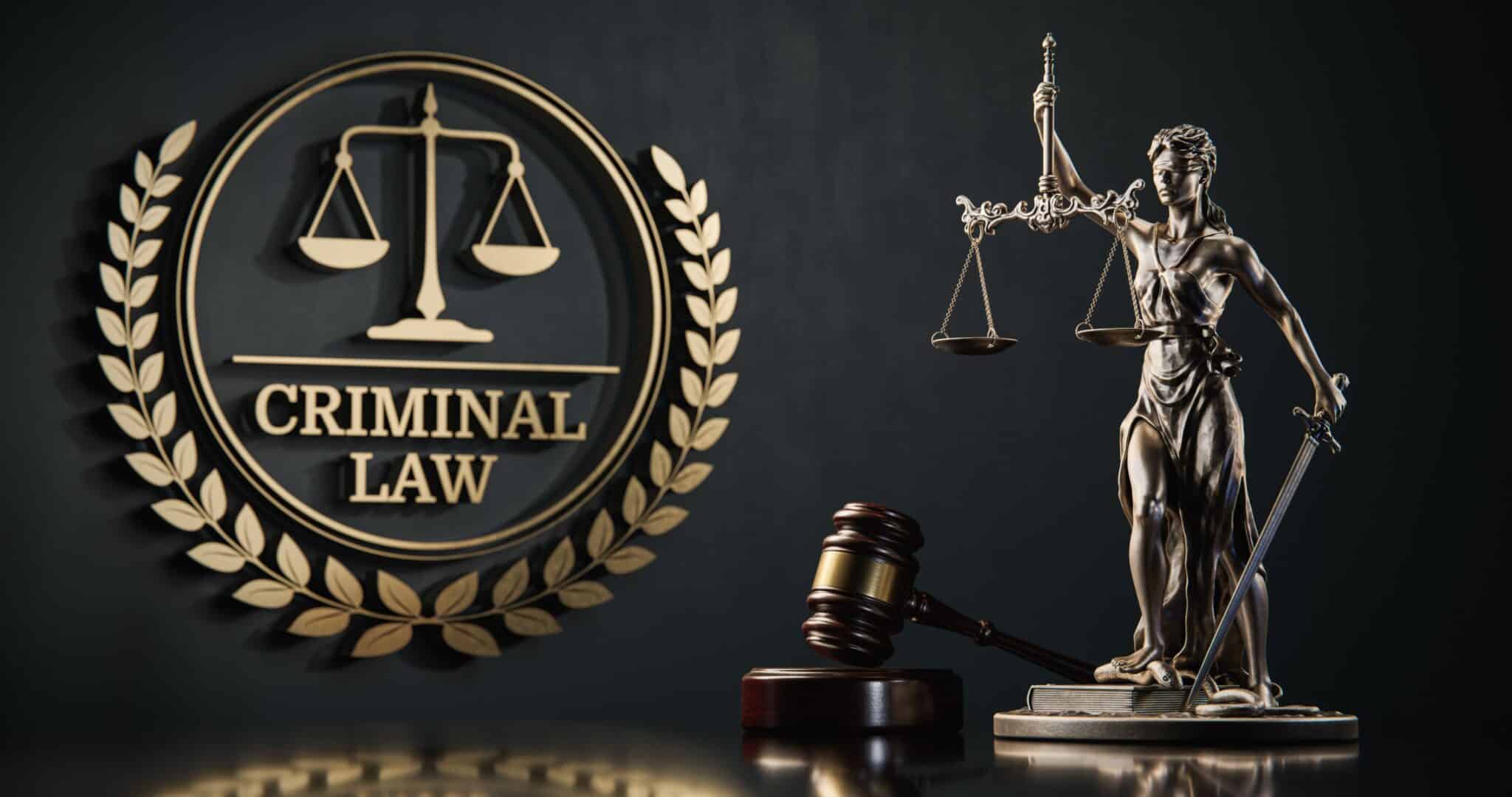Understanding the Consequences of a Felony Conviction in Chicago
When you think of a felony, you probably picture courtroom drama and potential prison time. But in Chicago, a felony conviction is just the beginning of a much bigger story. The consequences that follow can affect your life in ways you might not expect, from being locked out of certain job markets to losing basic rights like voting or gun ownership. It’s not just about serving time—it’s about navigating a world that often closes its doors to convicted felons.
What Is Considered a Felony in Chicago?
Felonies are serious offenses under Illinois law. They are typically more severe than misdemeanors, often resulting in less harsh penalties such as shorter jail time or fines. But felonies? They can land you in prison for years, if not decades, and come with lasting ramifications.
Legal Classification of Felonies in Illinois
In Illinois, felonies are classified into five categories: Class X, Class 1, Class 2, Class 3, and Class 4. Class X felonies are the most severe, involving crimes like armed robbery or aggravated sexual assault. Lower classifications—like Class 4 felonies—cover less violent but still severe crimes, such as some types of drug possession or property crimes. The class of felony you’re convicted of significantly affects your sentence.
Types of Felony Offenses

In Chicago, common felony crimes include:
- Drug trafficking
- Aggravated assault
- Fraud
- Burglary
- Violent crimes like murder or armed robbery
Each crime carries its own legal and personal consequences, but they all share one thing: a felony conviction will follow you long after your sentence is served.
Immediate Legal Consequences of a Felony Conviction
Incarceration and Fines
In Illinois, felonies come with hefty prison sentences and financial penalties. For example, a Class X felony could land you in prison for six to thirty years without the possibility of probation. On top of that, felons are often required to pay substantial fines and restitution, which can put financial strain on both the convicted individual and their family.
Probation and Parole
Probation and parole are common alternatives or additions to prison time. However, these come with stringent conditions. If you’re placed on probation or parole, you must regularly check in with an officer, comply with strict rules, and avoid further legal trouble. Violating any conditions of probation or parole can send you straight back to prison.
Long-Term Personal Consequences
Once the legal dust has settled, the real battle begins. Life after a felony conviction is far from easy, and the personal consequences can be just as harsh as the legal ones.
Employment Challenges
Employers in Chicago can legally conduct background checks, and many are hesitant to hire someone with a felony conviction on their record. Certain industries, like education, healthcare, and finance, may flat-out refuse to consider felons for employment. That said, some state laws aim to mitigate this, but the road remains tough.
Impact on Housing Opportunities
Looking for a place to live? Be prepared for rejection. Landlords are often reluctant to rent to individuals with felony convictions, and public housing in Chicago has strict rules that can disqualify felons from eligibility.
Loss of Voting Rights
In Illinois, convicted felons lose their right to vote while serving time. Fortunately, voting rights are restored upon completion of a sentence, but many people aren’t even aware they can re-register.
Education and Financial Aid Limitations
Many schools are hesitant to admit felons, and qualifying for financial aid becomes an uphill battle. These restrictions make it difficult to pursue higher education and further reduce career opportunities.
Social and Familial Consequences
Strained Relationships and Family Dynamics
A felony conviction doesn’t just affect you—it affects your family. The emotional toll on loved ones can be significant, as many relationships become strained or severed altogether. Child custody disputes are common, with courts often denying visitation or custody rights to convicted felons.
Social Stigma and Community Alienation
Even after serving your time, societal judgment lingers. Communities can be unwelcoming, and social alienation is a frequent consequence of a felony conviction. Rebuilding a network of friends and support becomes a monumental task.

Chicago Felony Defense Attorney You Can Trust
Felony convictions in Chicago come with serious, life-altering consequences, but the right defense can make all the difference. Andrew M. Weisberg’s proven track record in criminal defense means he knows how to dismantle the prosecution’s case, suppress evidence, and expose weaknesses. Whether you’re dealing with serious drug charges, gun crimes, or financial felonies, his prowess in Chicago’s legal landscape could be the key to protecting your rights and your future. Don’t risk going through this without the best defense—connect with us online or call (312) 560-7100 today to start building your case.







 Blog Home
Blog Home 










